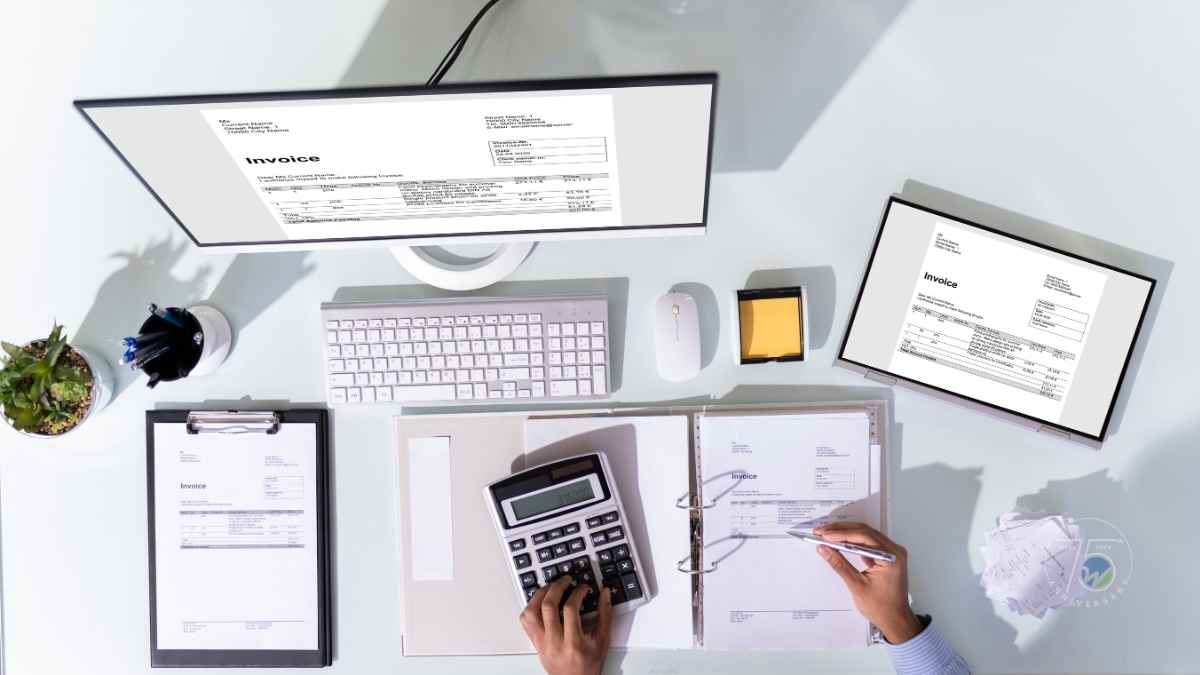Most taxpayers file and pay taxes on time. However, there are circumstances where taxpayers aren’t able to make timely federal tax payments. In those cases, there are some options for taxpayers who can’t pay by the filing deadline. There are also penalties and interest that accumulate when making late payments.
If you cannot make your tax payments, it is still important to file your return or file an extension on your income tax return.
Please note that if you file an extension for filing your tax return that does not extend the time to pay your income tax. You can avoid failure to pay penalties. There is a failure to file penalty that accrues at 5% per month (or part of a month) on the amount due on your tax return if you do not file your return. The maximum penalty is 25% of the amount due on your tax return that accumulates after five months. There is also a failure to pay penalty that accrues at .5% per month on the amount due on the return. The maximum total between the two penalties can reach up to 47.5% of the tax due. This does not even count any interest on amounts due.
There is an option to show “undue hardship” when making late tax payments.
If an extension is filed and you qualify for an undue hardship then you will be given extra time to pay tax due on a return. An undue hardship helps taxpayers avoid failure to pay penalty if it is granted. Interest on tax due amounts will still be charged.
The IRS also has installment agreements to defer tax payments.
There is a fee for applying for an installment agreement and a form to file with the IRS. If you have an installment agreement, you need to be current on future tax obligations and stay current on installment agreement payments. If you do not stay current, the IRS may terminate an installment agreement.
Sometimes, you may need to get creative in order to pay your income taxes.
This could mean borrowing money from a line of credit, taking a draw from your business if you are a business owner, use up some of your emergency funds, or talk with your tax or financial advisor to discuss other options to pay your income taxes. You may want to do some tax planning with your advisers during years that you are experiencing higher income to plan in advance for paying income taxes.
Whatever option you choose to pay your income taxes, it’s important to not ignore IRS notices on tax amounts due.
The IRS has several options to get your income taxes paid. Ignoring IRS notices on tax due amounts can result in liens and collections processes that can have significant impacts on your personal credit. Doing nothing results in paying significantly more than just your tax due including interest and penalties and also results in a lot of stress. Try to be proactive so you are able to pay your income taxes timely. If you are not able to pay them timely then use some of the options the IRS has available to get your income tax paid.
Contact your Wegner CPA tax professional for further assistance in paying your taxes.
Stay in touch
Want to receive future tax tips by email? Subscribe to our list!




